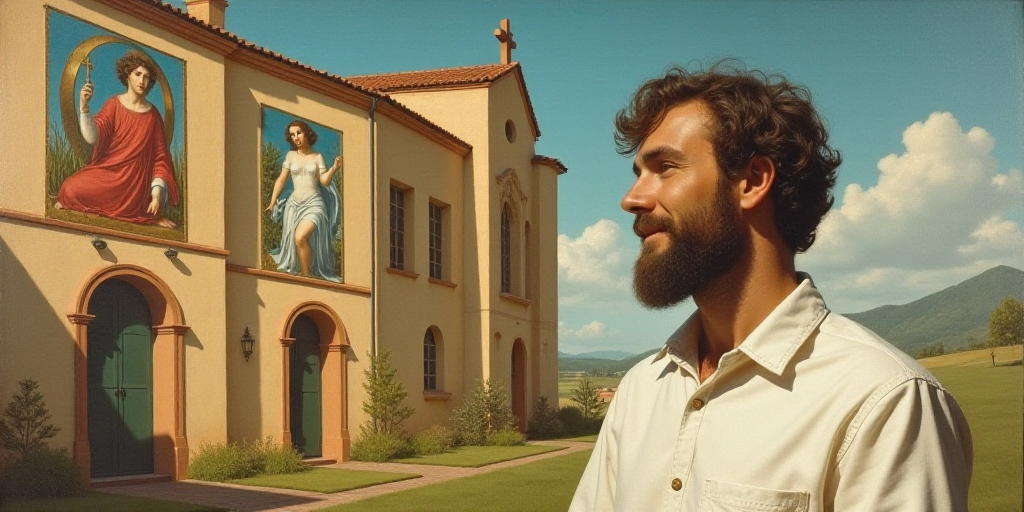Early Career in Food Science
Before becoming Pope Francis, Jorge Mario Bergoglio donned a lab coat and worked with chemical substances to analyze food. In 1953, at the age of 17, he graduated as a food chemistry technician from the Industrial Technical School No. 27 “Hipólito Yrigoyen” in Buenos Aires, Argentina. He then worked briefly at the Hickethier-Bachmann laboratory, a company specializing in food analysis. This early exposure to food science and the chemical processes related to food quality and safety left an indelible mark on his worldview.
Influence of Early Food Science Experience
In an interview for the book “El Jesuita,” Bergoglio recounted that before entering the seminary, he worked at this laboratory in Buenos Aires’ Barracas neighborhood, specializing in food analysis. Although this early contact with food science did not lead to a professional career, it planted a seed that shaped his perspective on the world.
The Pope’s Emphasis on Food and Science
Though his religious vocation led him to the seminary promptly, Bergoglio’s food science background was not in vain. In various interviews, he expressed enjoyment of his laboratory work, particularly appreciating the value of precision, method, and scientific humility it instilled in him. It’s no surprise that as Pope Francis, he has placed science at the heart of his ecological and social discourse.
Food Sensitivity and Ethical Systems
Pope Francis’ sensitivity towards food extends beyond the spiritual. He has forcefully denounced food waste and called for a reevaluation of food systems from an ethical standpoint. He often stated, “The bread thrown away is bread stolen from the poor.”
Conclusion
Though his path diverged from food science, Jorge Mario Bergoglio’s time as a food chemistry technician was not a minor detail. Instead, it was the first place where he cultivated an analytical, meticulous, and deeply human perspective, as he himself described in “El Jesuita.”
Key Questions and Answers
- Who is Jorge Mario Bergoglio? Before becoming Pope Francis, he was known as Jorge Mario Bergoglio and studied food chemistry.
- What is his connection to food science? Bergoglio worked as a food chemistry technician and later in a food analysis laboratory, which shaped his worldview.
- How does his background influence his papacy? His food science experience instilled in him the values of precision, method, and humility, which are reflected in his ecological and social discourse as Pope Francis.
- What are his views on food waste and systems? Pope Francis has strongly denounced food waste and called for ethical reevaluation of food systems, famously stating, “The bread thrown away is bread stolen from the poor.”






